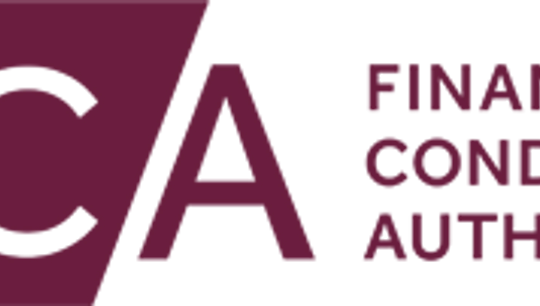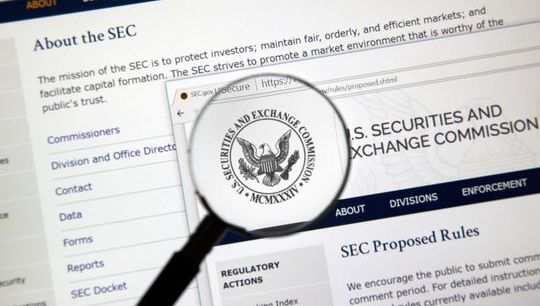2023 Review: AIMA in the UK
Published: 18 December 2023
2023 Review: AIMA in the UK
UK Wholesale Markets Review
AIMA has continued its engagement on the UK’s Wholesale Markets Review (WMR), a review launched by HM Treasury in 2021 to determine how the UK should adapt its approach to regulating secondary markets post-Brexit and improve certain rules under the onshored EU Markets in Financial Instruments Directive II that have not delivered their intended benefits.
This year, we responded to the FCA’s consultation on improving secondary equity markets. Building on our response to the WMR, we expressed our support for FCA proposals to simplify the reporting of over-the-counter transactions by adopting a new regime based on ‘designated reporting’ firms, improving the tick size regime, and enhancing market resilience during trading venue outages.
UK FCA Discussion Paper on the asset management regime
February 2023 saw the publication of the FCA’s Discussion Paper DP23/2, Updating and improving the UK regime for asset management, setting out a range of options and questions on how the post-Brexit rules for asset managers in the UK could be amended. We support the direction of travel for many of the issues in the paper and have provided further areas for consideration. We will be closely involved with the further consultation work expected in early 2024.
UK Short Selling Regulation (UK SSR) Review
This year, HM Treasury launched a review of the UK SSR. From meeting with the FCA to assisting HMT with its regulatory impact assessment, AIMA persisted in advocating for reforms to the obligation to disclose individual net short positions publicly and the supervisory notification threshold. In a significant win for the industry, HM Treasury confirmed that it will replace the public disclosure regime with an aggregated net short position disclosure regime and increase the notification threshold from 0.1% to 0.2%. Next year, AIMA will continue to engage with the FCA as it considers the details of the rule changes.
UK Investment Research Review
In July, no-action relief granted by the US SEC in 2017 to address conflicts raised by MiFID II research ‘unbundling’ rules in the EU and UK expired. To mitigate the relief’s expiry, AIMA pressed authorities across Europe for targeted legislative amendments. In a positive step, HM Treasury recommended the removal of barriers that prevent UK buy-side firms from paying for research in jurisdictions where payment on a bundled basis is standard practice, especially the US; and that UK rules remain aligned with other key jurisdictions. AIMA is continuing engagement with the FCA, who will have responsibility for implementing the changes.
UK Productive Finance Working Group
AIMA and its private credit affiliate the Alternative Credit Council (ACC) played a leading role in the UK Productive Finance working group, an industry initiative jointly convened by the FCA, Bank of England and HM Treasury to support greater investment into longer-term, less liquid assets. In September 2021, this Working Group published a series of recommendations to address the barriers faced by UK investors, particularly UK DC pension schemes. This group also supported the introduction of a new authorised UK fund regime for investing in long-term assets – the long-term asset fund (LTAF). The ACC also submitted its response to the FCA’s consultation on the LTAF vehicle in June.
In addition to this work, the ACC has also engaged extensively with the UK Government on the impact of the Charge Cap on the ability of UK DC pension schemes to access alternative assets. These efforts were recognised in the consultation published in November by the Department for Work and Pensions which seeks views on removing performance-based remuneration from the Charge Cap.
Securitisation
The UK and EU undertook separate reviews of the EU Securitisation Framework in 2021. The ACC responded to both Calls for Input highlighting the asset management sectors' perspective on the general functioning of the regulation and areas for improvements.
This included targeted recommendations on the applicability of the STS criteria for CLOs, reducing the operational burden on private securitisations, clarifying investor due diligence requirements as well and supporting a more efficient NPL market. UK and EU policymakers are expected to reform the Securitisation framework in 2022 and the ACC will continue to engage with them on this ongoing workstream.
Digital assets
The UK government published in October its final rules for regulating the UK crypto and digital assets market. It plans a phased introduction of regulation, with legislation for fiat-backed stablecoins being introduced early next year. In April, AIMA shared its views with HM Treasury on the future financial services regulatory regime for crypto and digital assets. AIMA also submitted a response to a consultation on crypto and digital assets issued by IOSCO.
A final set of policy recommendations was released by IOSCO in November, and they aim to establish an international regulatory baseline intended to hold crypto-asset service providers to the same standards of business conduct that apply in traditional financial markets. The EU’s Markets in Crypto-Assets Regulation (MiCA) will be applicable in its entirety by the end of 2024. MiCA requires many Level 2 and Level 3 EU legislative measures under the new regime and AIMA has kept members up-to-speed regarding various consultations on these additional measures. AIMA also engaged with the DFSA, the regulator for the Dubai International Financial Centre (DIFC), concerning potential improvements to its crypto token regime, introduced in November 2022. The DFSA intend to provide further clarity and issue new proposals on custody, financial crime, staking for Proof-of-Stake (PoS) consensus mechanisms, and fund management. AIMA’s Digital Assets Regulatory Group continues to track relevant legal developments in the digital assets space.
Tax
The business tax environment in the UK is increasingly perceived as less favourable towards asset management than it should be. We seek to work with government and opposition teams to address the policy, regulatory and tax barriers which become apparent.
We have responded formally and informally to consultations, in particular concerning proposed changes to the UK’s policy on “independent agent” rules which could limit the reliance of investment managers on treaty provisions.
The investment management exemption has been extended to transactions in digital assets, as we had supported. We await government responses on other elements of the UK Funds Review.








